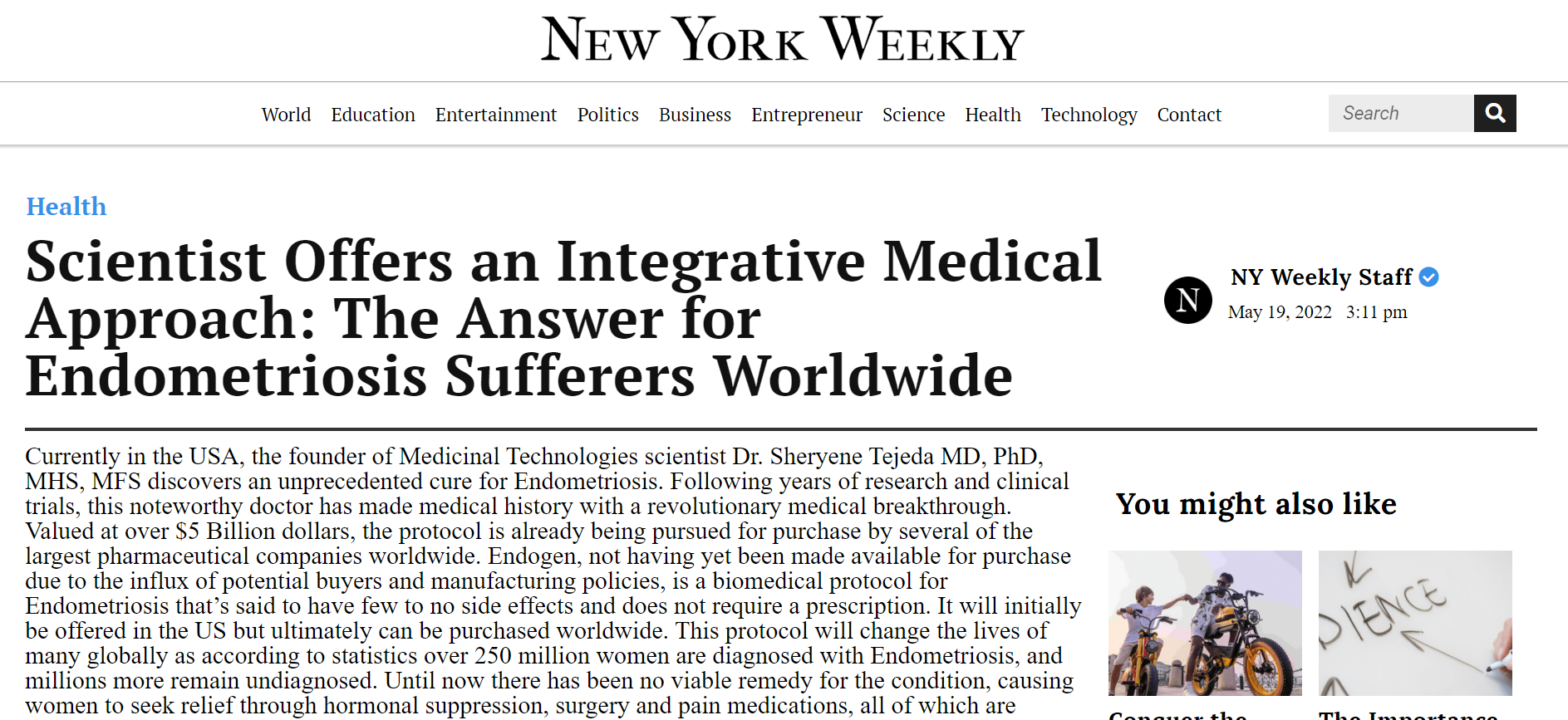Exploring the Human Microbiome: Insights for Biomedical Doctors

The human microbiome, the collection of microorganisms residing in and on the human body, has emerged as a critical area of research with significant implications for health and disease. Biomedical doctors are increasingly recognizing the importance of the microbiome in various aspects of Medicinal Technologies practice, from disease prevention to treatment and personalized medicine. This article delves into the latest insights into the human microbiome and explores how these findings can inform and enhance the practice of biomedical doctors.
Understanding the Human Microbiome
The human microbiome consists of trillions of microorganisms, including bacteria, viruses, fungi, and archaea, that inhabit various body sites such as the gut, skin, mouth, and respiratory tract. These microorganisms play crucial roles in maintaining health and influencing disease outcomes. Key aspects of the microbiome include:
- Diversity and Composition: The microbiome's composition varies among individuals and can be influenced by factors such as diet, lifestyle, genetics, and environment. A diverse microbiome is generally associated with better health, while imbalances, or dysbiosis, can contribute to disease.
- Gut Microbiome: The gut microbiome, the most studied component, plays a critical role in digestion, metabolism, and immune function. It helps break down complex carbohydrates, synthesize vitamins, and regulate the immune system.
- Microbiome Interactions: Microbiota interact with host cells and other microorganisms through various mechanisms, including metabolic processes, immune modulation, and microbial competition. These interactions can influence health and disease outcomes.
Implications for Biomedical Practice
- Disease Prevention and Management: Understanding the microbiome's role in disease can lead to novel prevention and management strategies. For instance:
- Infectious Diseases: The microbiome can influence susceptibility to infections. For example, a healthy gut microbiome may protect against pathogen colonization, while dysbiosis can increase vulnerability to infections.
- Chronic Diseases: Research suggests that microbiome imbalances may contribute to chronic conditions such as obesity, diabetes, and cardiovascular diseases. Addressing dysbiosis through dietary interventions or probiotics may offer therapeutic benefits.
- Personalized Medicine: The microbiome can provide insights into personalized treatment approaches:
- Pharmacogenomics: The microbiome can affect drug metabolism and efficacy. Understanding an individual’s microbiome may help tailor drug treatments to enhance efficacy and minimize side effects.
- Precision Probiotics: Personalized probiotic treatments based on microbiome analysis can help restore balance and improve health outcomes for conditions such as irritable bowel syndrome (IBS) and inflammatory bowel disease (IBD).
- Diagnostic Tools: Advances in microbiome research are leading to the development of new diagnostic tools:
- Microbiome Profiling: Analyzing microbiome composition and diversity can provide diagnostic information for various diseases. For example, specific microbial signatures have been associated with conditions like colorectal cancer and metabolic syndrome.
- Non-Invasive Sampling: Techniques such as stool, saliva, and skin microbiome sampling are becoming more accessible, enabling easier and less invasive diagnostic approaches.
- Therapeutic Strategies: The microbiome offers novel therapeutic avenues:
- Fecal Microbiota Transplantation (FMT): FMT involves transferring fecal material from a healthy donor to a patient to restore a balanced microbiome. It has shown success in treating recurrent Clostridium difficile infections and is being explored for other conditions.
- Dietary Interventions: Dietary modifications, including prebiotics and probiotics, can positively influence the microbiome and support health. Tailoring diets based on microbiome analysis can enhance therapeutic outcomes.
Challenges and Future Directions
- Complexity and Variability: The human microbiome's complexity and variability pose challenges for research and clinical applications. Understanding how different microbiome profiles affect health and disease requires extensive research and sophisticated analytical tools.
- Standardization and Validation: There is a need for standardized methods for microbiome analysis and validation of clinical applications. Developing reliable and reproducible techniques is essential for translating microbiome research into clinical practice.
- Ethical and Regulatory Considerations: As microbiome-based interventions become more prevalent, ethical and regulatory considerations must be addressed. Issues related to data privacy, informed consent, and the safety of microbiome-based therapies need careful evaluation.
- Interdisciplinary Collaboration: The study of the microbiome requires collaboration across disciplines, including microbiology, genomics, immunology, and clinical medicine. Interdisciplinary research efforts are crucial for advancing our understanding and application of microbiome science.
Practical Steps for Biomedical Doctors
- Stay Informed: Biomedical doctors should stay updated on the latest microbiome research and its implications for clinical practice. Attending conferences, reading relevant literature, and participating in continuing education can enhance understanding.
- Incorporate Microbiome Insights: Integrate microbiome insights into patient care by considering how microbiome factors may influence disease risk, treatment response, and overall health. Use microbiome analysis when appropriate to inform diagnosis and treatment.
- Collaborate with Specialists: Collaborate with microbiologists, geneticists, and other specialists to gain insights into microbiome-related issues and to develop comprehensive treatment plans for patients with microbiome-related conditions.
- Advocate for Research: Support and advocate for ongoing microbiome research to advance knowledge and improve clinical applications. Participating in research studies and clinical trials can contribute to the development of new therapies and diagnostic tools.